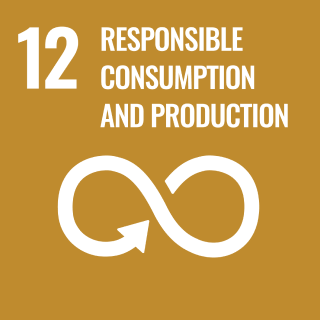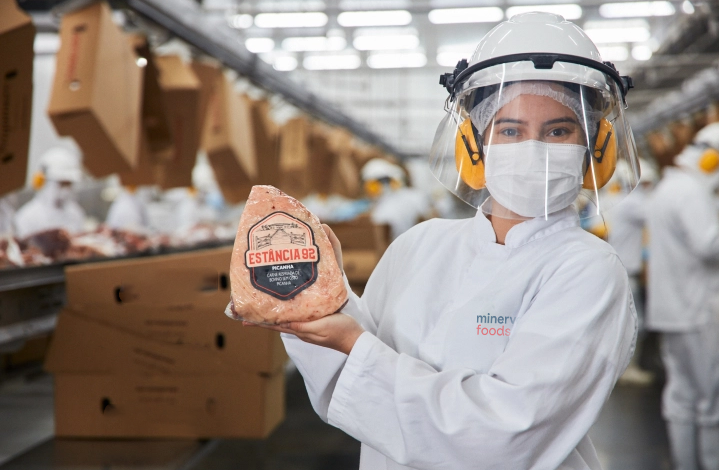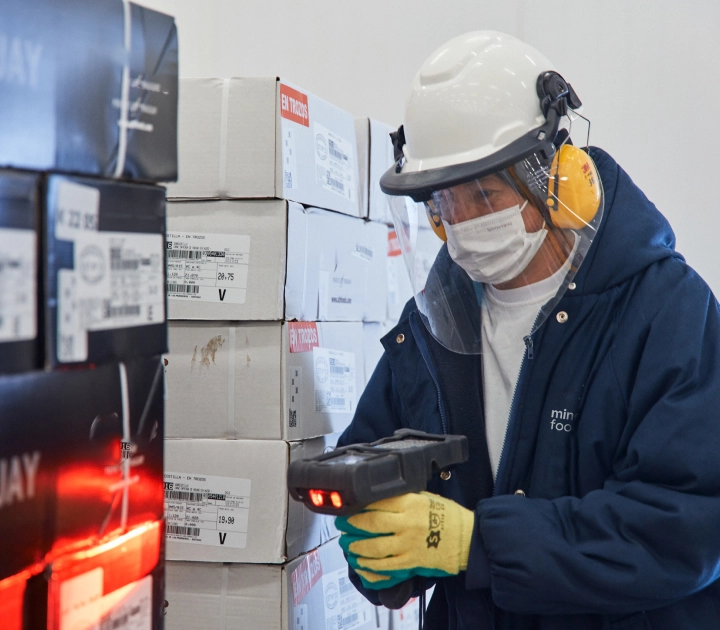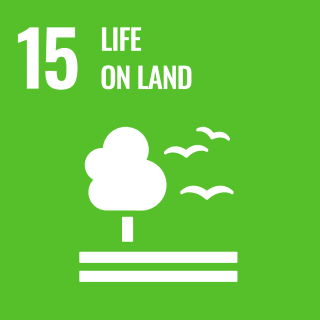We are committed to carrying out humane slaughter and stunning of all animals, regardless of their species (cattle, broiler chickens, pigs, sheep, fish, laying hens, and dairy cows), except for those intended for specific religious markets.
Batches of animals received at Minerva Foods’ facilities are accompanied by a Producer’s Declaration and a Letter of Guarantee confirming the non-use of hormones and antibiotics as growth promoters. All batches must be accompanied by documentation with information about the animals to be slaughtered, including medication administration and the absence of the application of certain antiparasitic agents.
Any use of antibiotics must be recorded and reported to Minerva Foods, and it is only permitted for clinical use in response to an animal’s health condition. Prophylactic and metaphylactic use is not recommended. Furthermore, the control of chemical residues and contaminants within the industry is conducted through post-slaughter sample collections, which are sent for laboratory testing to meet the requirements of various markets and ensure a safe product.














 Concern for animal welfare is one of the central points in Minerva Foods’ operations. We recognize animals as sentient beings and do not tolerate abuse, neglect, or mistreatment. Furthermore, we adhere to the five domains of animal welfare recommended by the Farm Animal Welfare Committee (FAWC).
Concern for animal welfare is one of the central points in Minerva Foods’ operations. We recognize animals as sentient beings and do not tolerate abuse, neglect, or mistreatment. Furthermore, we adhere to the five domains of animal welfare recommended by the Farm Animal Welfare Committee (FAWC).







 The International Sustainability & Carbon Certification (ISCC) provides proof of compliance with environmental, social, and traceability criteria, qualifying biomass or biofuel companies for legal recognition under the criteria defined by the European Renewable Energy Directive (EU RED).
The International Sustainability & Carbon Certification (ISCC) provides proof of compliance with environmental, social, and traceability criteria, qualifying biomass or biofuel companies for legal recognition under the criteria defined by the European Renewable Energy Directive (EU RED).















